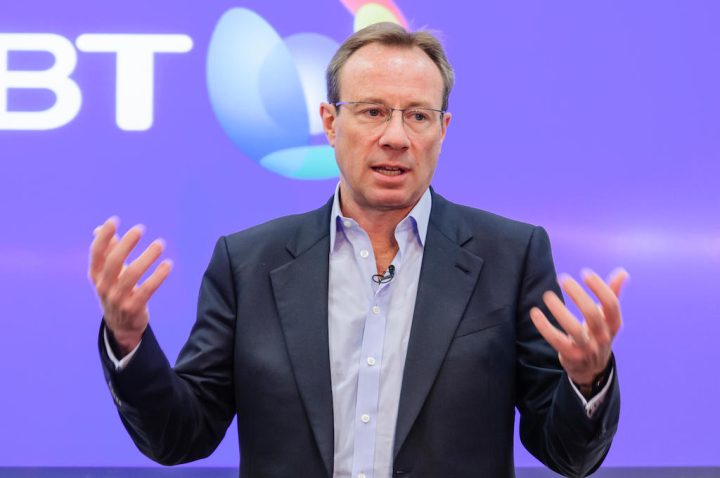BT has announced that it will cut up to 55,000 jobs by the end of the decade. The company currently employs 130,000 staff, and it could cut up to 42 per cent of its workforce. BT has struggled in recent years as the one-time nationalised giant has had to keep up with a rapidly-evolving communications business.
The fact remains that no technology yet invented has prevented employment reaching new highs
But the greatest comment will be caused by the 10,000 jobs that BT says it will replace with artificial intelligence. AI can indeed help perform some functions that were previously performed by humans, making staff redundant. In BT’s case, the company says it will employ AI to detect and fix software problems in the network. It is easy to see how many other jobs, too, could in theory be wiped out, including mine – although having read ChatGPT’s attempts at journalism I can’t say I am quaking in my boots just yet.
The fact remains, however, that no technology yet invented has prevented employment reaching new highs. We have been worrying about machines taking our jobs for over two centuries. Threshing machines, production lines, computers, the internet: all were supposed to leave an unemployed underclass in their wake. Yet however many jobs get swallowed up by technology, more seem to be created elsewhere. Indeed, technology aids the growth in employment by releasing workers from drudge jobs in order for them to take up employment elsewhere. Were large numbers of humans still required to plough land, plant and harvest turnips, for example, we would not have the people available, say, to develop computer games.
AI will be no different. It will take some jobs, indeed many jobs, but it will simultaneously create new areas of employment which do not yet even exist, and of which we currently have no conception. Would anyone really prefer to stick our current telephone network, where faults involve long calls to distant call centres, followed, eventually, by a man in a blue overall scaling a pole to fix a loose connection if AI could streamline the whole process, reducing breakdowns?
If BT – or any other country – can improve its service by employing AI then we should welcome that. Indeed, the problem with the UK economy in the past decade and a half is that businesses haven’t been investing enough in labour-saving technology – leading to a slump in productivity growth. BT’s announcement of job losses might just be an indication that things are beginning to change.







Comments